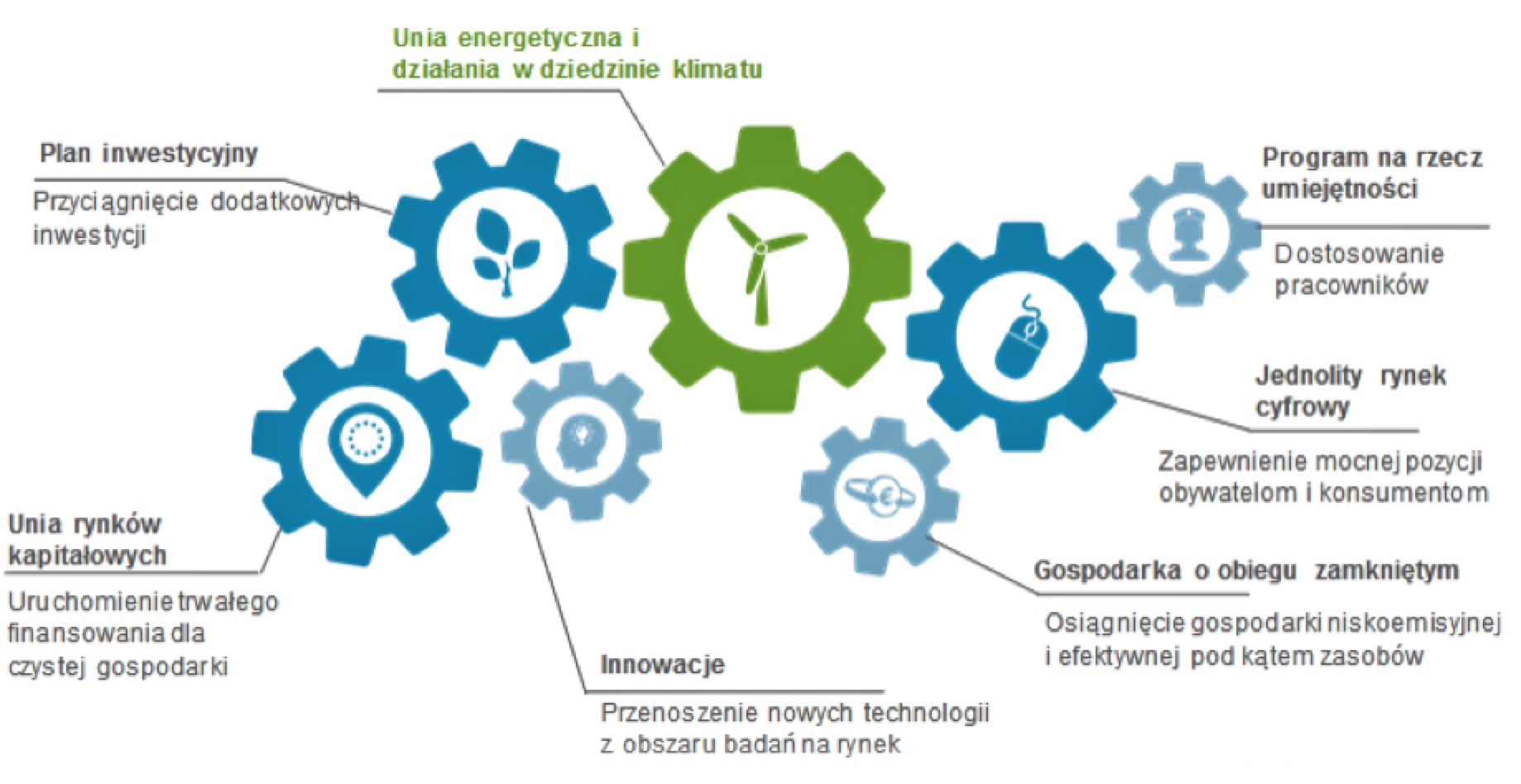On 15.01.2019 the first meeting of partners dealing with the issues of circular economy in Malopolska region was held at NordicHouse, the headquarters of SPCleantech. The partners were – South Poland Cleantech Cluster, Life Science Cluster, University of Agriculture, University of Economics, Jagiellonian University, Marshal Office, BLOOM – EU project, Copernicus Science Center.
The partners agreed on regular meetings in the future and further working on common projects with possible applications for national and EU funds.
The term circular economy has been steadily increasing in public awareness for a few years now, which is related to the proposal package in December 2015 from European Commission called “Circulation closure – EU action plan on circular economy. “(Circular Economy Package). The circular economy has become a priority in the economic policy of the European Union.
The growing amount of waste generated is currently the biggest challenge for the EU. According to various estimates, more than half of the waste generated in the world is stored or utilized. The shrinking resources of raw materials, the increase in their prices, the progressing pollution of the natural environment, and the simultaneous increase in consumption forced a change in the current approach based on a linear economy and the transition to a circular economy.
During the meeting, the partners delt especially with overcoming barriers, which will allow the maximum use of available raw materials, products and waste, which in turn will favour both the economy and the environment around us.
The barriers are:
- lack of knowledge about the way of transition to a circular economy – accounting, financial modeling, marketing and value creation
the lack of a circular economy relationship with the basics of doing business and making it an important part of every organization’s everyday activities - no regulations, cooperation, supervision, dynamics of supply chains, data transparency and cultural attitudeno programs and industrial
- infrastructure needed to re-use by-products – intelligent reverse logistics
- lack of sufficient consumer demand for more sustainable products – price
- lack of supply chains, especially those of global importance – coordination of sustainable material flow and opening up to innovations needed to design new systems – operation scale
- lack of awareness among consumers, society, enterprises, politicians – change in the way of thinking – education
A circular economy can be a particular challenge for some sectors, be it due to the characteristics of their products, the environmental footprint or dependence on materials originating from outside the EU. Therefore, in the GOZ package 5 priority areas have been defined which, due to their specificity, will require a separate approach. These are:
- plastics
- food waste
- critical raw materials
- wastes from construction and demolition
- biomass and bioproduct



